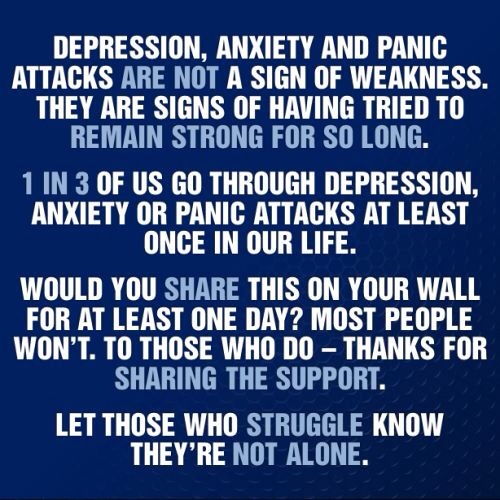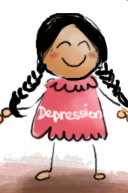
Image source: http://www.wendykeller.com
*MM, a 13 year highly gifted girl at her middle school, was happy with her summer school doing her favorite subject about computer engineering. This is one of the most popular summer school programs for the gifted and talented offered by Johns Hopkins University. This summer, she had a good time learning advanced knowledge and meeting mental peers with comparable abilities.
After the summer program, MM decided that she would not sleep in the class anymore when she returned to Hong Kong. She would rather take the advantage of boring classes, which was too easy for her and lacking any intellectual challenge, to do programming on her laptop.
Last week, she came to see me and looked completely exhausted after school. It is just beginning of the school year. I haven’t ever seen her as tiring as such.
MM comes to see me regularly since treatment of ADHD two years ago. She has some self mentalizing difficulties that it is so hard for her to process feelings and regulate her mood. She was used to getting angry and fighting back whenever she got into social conflicts with her peers.
Over the past year, her parents complaint that MM refused to turn off the computer late at night. She appeared to be increasingly addictive to internet. In the beginning of this summer, she told me that she slept around 6am and woke up around 3pm. Her mother was so fed up with all the fierce but endless quarrels in the middle of the night urging her so badly to go to bed. She thought that her daughter didn’t listen. She just wants to give up. She thought that her husband would be able to coerce MM to turn off the computer and put her to bed, he came home very late though. The mother didn’t want to get involved anymore.
MM told me that the internet game made it possible to escape from thinking about all the unresolved problems. When she turned off the desktop, she would turn on the iPad to watch videos while lying on the bed with her headphone on. It would help her shut off from heated conflicts, if any. Nonetheless, sleep problem is always an issue so disturbing to her. It often takes almost an hour for her to fall asleep. Obviously, she relied so much on watching videos on the iPad to soothe herself.
This afternoon, seeing MM so exhausted and sleepy, I asked her if he took her ADHD medication. She said that she quit medication since end of the summer school. I asked her whether she found anything different after withdrawal from the ADHD medication. She didn’t notice it.
I contacted her mother to cross check the situation. Like MM, she said that she did not notice any difference. She added that MM would make a bit scene when she was asked to stop doing any computer and to go to bed. She didn’t think medical fee for ADHD treatment worth it as far as she didn’t make any improvement regarding her computer behavior.
It is crystal clear that MM would not be able to express her feelings about her school and family. She will likely be inattentive and lack of motivation to do anything mentally effortful.
I ask her if she wants to do programming on her laptop when she gets bored in the class. She yawned and stretched her arms without answering my question. I then repeat that question. I am not sure whether he doesn’t pay attention to my question or it’s too overwhelming to think of school classes without much mentally stimulation to her.
The paradox is concerned with withdrawal from ADHD medication in a way to desensitize her frustration and picking up the treatment for realizing her vocational aspiration of computer programming.
Anyway, very few people will notice the silent suffering that MM is going through. I pray that God will bless her more.
Note*: MM is a pseudo name and modifications are made to formulate this story.





